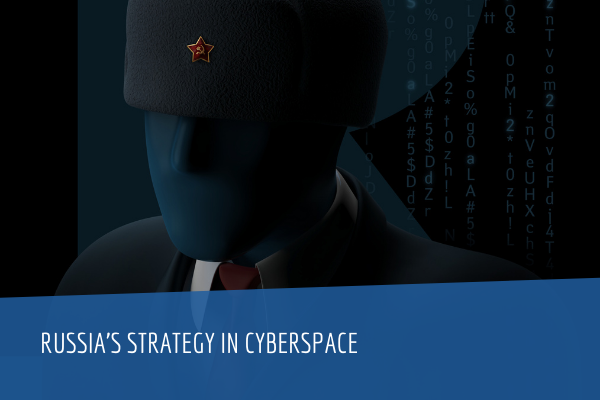Janne Hakala, Jazlyn Melnychuk
INTRODUCTION
 Headlines connecting Russia to the vague notion of ‘cyber’ have become daily bread for Western publics and decision makers alike. From the damage done by NotPetya or attacks against Ukraine and Georgia, to Russia’s hacking and leaking operations in US and European elections, Russia’s offensive operations are consistent threat. An increasingly important tool in what Russia views as the ongoing “information confrontation,” Russia utilizes cyber operations alongside other military and non-military means to pursue strategic objectives.
Headlines connecting Russia to the vague notion of ‘cyber’ have become daily bread for Western publics and decision makers alike. From the damage done by NotPetya or attacks against Ukraine and Georgia, to Russia’s hacking and leaking operations in US and European elections, Russia’s offensive operations are consistent threat. An increasingly important tool in what Russia views as the ongoing “information confrontation,” Russia utilizes cyber operations alongside other military and non-military means to pursue strategic objectives.On the other hand, recent years have seen Russia’s attempts to close and secure its own digital information space. By using a combination of legal and technical means, the Kremlin tries to impose control both over digital infrastructure and content, efforts which are aimed at ensuring independence from the global Internet network and thus enhancing their information security.
Russia sees activities in cyberspace as a subset to the all-encompassing framework of ‘information confrontation,’ which is derived from the Russian understanding of relations between states and, more specifically, a subset of the struggle between great powers for influence in the world. According to Russian thinkers, the information confrontation is constant and ongoing, and any means can be used to gain superiority in this confrontation. Activities in cyberspace are one of several tools of warfare in the information environment, including psychological operations, electronic warfare (EW), and kinetic action. In practice, cyberspace can be used both for physical attacks on infrastructure, and cognitive attacks such as disinformation. However, the center of gravity in the ‘information confrontation’ lies in peoples’ minds and perception of events, both domestically and internationally.
This report seeks to clarify the role of cyberspace in Russian strategic thinking. It will analyse cyber operations as a subset of Russia’s ‘information confrontation’ and explore how this philosophy is put into practice. The report will examine both offensive measures, such as participation in the information war, and defensive measures, such as Russia’s efforts to secure its own information space from foreign influence. Finally, it will conclude with several policy recommendations for NATO strategic communications in addressing Russia’s offensive activities in cyberspace.
No comments:
Post a Comment